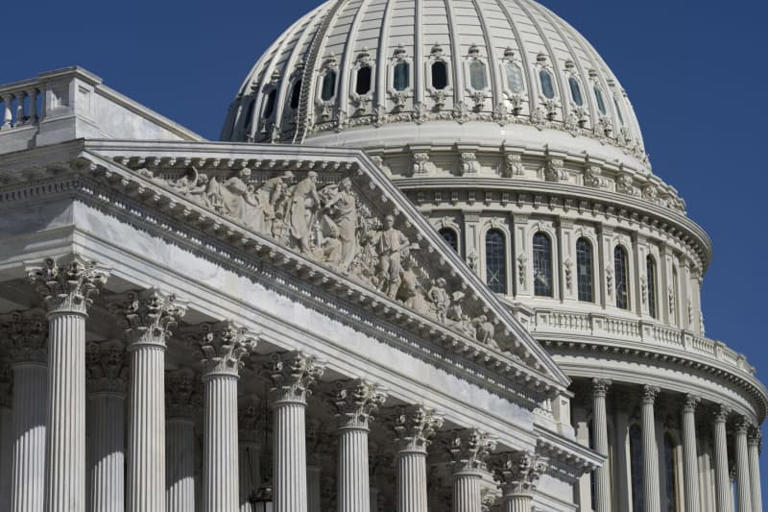The Congressional Budget Office (CBO) released a sobering report projecting a bleak outlook for the federal government’s finances, with debt levels set to soar to unprecedented highs within the next five years. According to the report, debt held by the public will reach its highest level ever in 2029, measured as a percentage of GDP, and is projected to continue climbing thereafter, hitting 166% of GDP by 2054. This trajectory poses significant risks to the fiscal and economic outlook, including slower economic growth, increased interest payments to foreign debt holders, and constraints on lawmakers’ policy options.
Furthermore, the CBO forecasts that key trust funds, including Social Security Old-Age and Survivors Insurance, Medicare Hospital Insurance, and the Highway Trust Fund, will be depleted in the coming years, adding further strain to the government’s financial obligations.
Maya MacGuineas, president of the Committee for a Responsible Federal Budget, characterized the report as a wake-up call for Congress, emphasizing the urgent need for action to address the country’s deteriorating fiscal health. She criticized politicians for prioritizing short-term political gains over long-term fiscal responsibility, urging candidates in the upcoming presidential election to provide specific plans for tackling issues such as Social Security and Medicare reform and reducing the national debt.
One of the most alarming aspects highlighted in the report is the exponential growth in interest costs, which are projected to more than double as a share of the economy by 2054. MacGuineas emphasized that rising interest costs represent a significant threat, surpassing defense spending and Medicare expenditures and becoming the largest single line item in the federal budget by 2051.
Michael A. Peterson, CEO of the Peter G. Peterson Foundation, echoed concerns about the long-term fiscal outlook, describing it as “dangerous.” He emphasized the need for fiscal solutions to be central to the national conversation, particularly as the country faces critical fiscal decisions in the coming years, such as the debt ceiling and the expiration of certain tax cuts.
As the nation grapples with mounting debt and fiscal challenges, the urgency for bipartisan action to address these issues becomes increasingly apparent. Failure to confront these challenges could have far-reaching consequences for the country’s economic stability and future prosperity.
